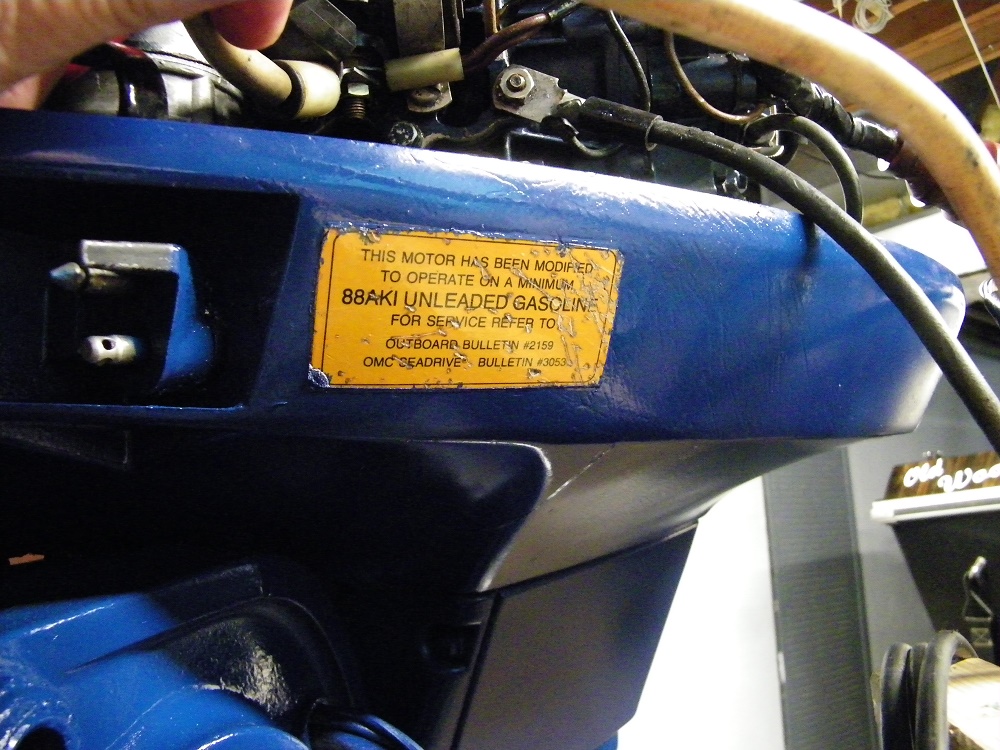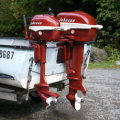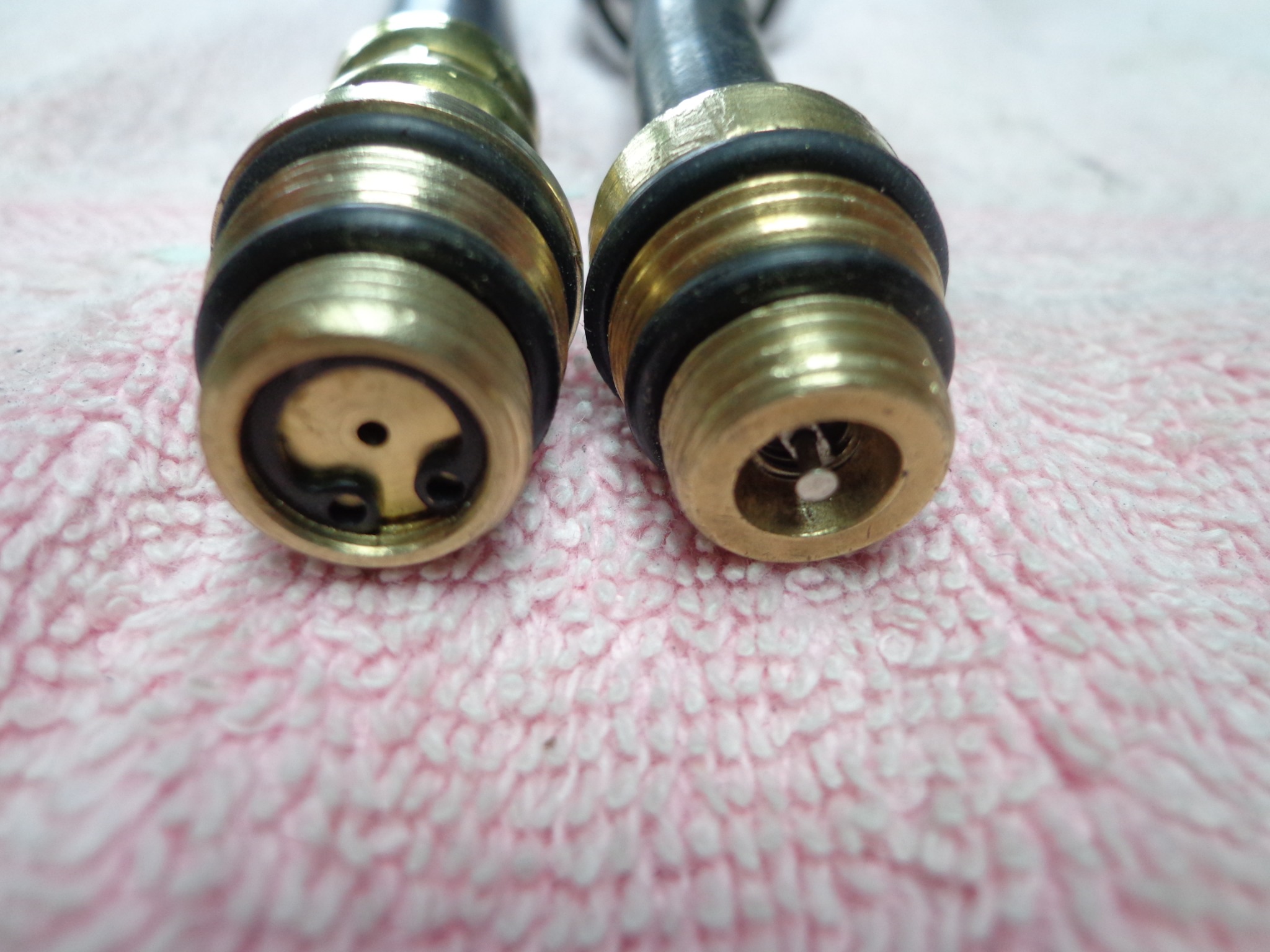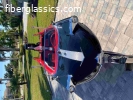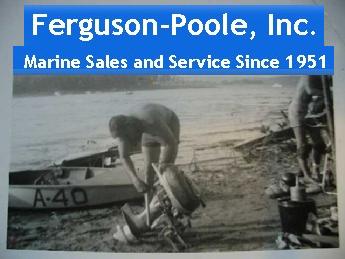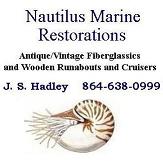I have my '77 140hp Evinrude up for sale, good running motor with t/t. I had a buyer inquire about the compression and I told him it was mid 70s on all four. He said he'd have to rebuild it and then the "negotiations" began, I wasn't going to sell the farm for one man's opin.
Tried to inform him that this was a factory modified motor for running on E-whatever gas. Even has the factory sticker on it stating that. The modification include lower compression, don't know why but here's an interesting discussion about that issue. For you guys info.
It's a cut and paste and then I'll put in a picture of the sticker that I have on my motor.
Low Compression Pistons.... Looking for a reason..
Options
12-03-2014 07:30
Hello E-Nation,
I'm new to E-Nation, but not new to the boating world. I'm looking for a non-bias answer to a question that I've heard asked a lot. I work on a lot of older Johnson/Evinrudes and the first thing I do with one is check the spark and compression. 90% of these engines are older then I am, so I don't know a lot of the little things about them. The first time I had, what I thought at the time, low compression numbers (80's and 90's) I told my boss that this engine has a ring issue. He told me that it was common for the loopers to have low comp numbers. So I took that to heart and didn't think twice about it. Lately I've been thinking about it more and more... Doing some reading on forums, I found someone that talked about the fuel changing and taking the lead out of it, John Rudes went to a lower compression to allow a lower octain fuel to be ran. That makes sense to me... Today my boss told me 2 things that I couldn't really wrap my head around. Let me know what you think, as I have no one else to ask...
First, your compression readings are going to be lower if you use a comp gauge that has a long hose then it would be if you had one that screwed right into the head without the hose. I'm not sure about that...doesn't seem correct.
Second, if you have about 90 psi while cranking, once the engine fires and you start moving that piston, the engine doesn't get all of the spent fuel out.... so you're left with your new charge, mixed with some spent charge that will bring the comp up to about 140 while running. What I was told in school, is that the engine as well as the piston are designed with scavenging in mind, to ensure that all of the exhaust has been removed from the cyl. In doing this, there is always a little amount of the new charge that gets sent out of the exhaust ports. Correct me if i'm wrong. I've been trying to find a good answer to the lower compression engines and have not found what I'm looking for. I just don't understand how a 150 can run so well on such low compression. Any info from some old school evinrude guys would be great..
Thank you
Compression numbers on a 2-stroke engine are dependent on the uppermost area of the exhaust ports. The piston does not start to compress the fuel-air mixture until the top piston ring closes off the exhaust.
As a rule of thumb, performance engines have high exhaust ports and thus at cranking rpm, a compression gauge may indicate a lower psi number than a regular recreational motor with lower exhaust ports. Most people are confused by 2-stroke compression results as they have been indoctrinated by automotive 4-stroke compression numbers as those engines start compressing as soon as the exhaust valve closes and the piston travels a greater distance in the cylinder to "squish" the mixture.
This also explains to me when I take the compression test (with a hose) it reads as stated. When I button it all up and try to turn it over by hand the compression is so hard it's difficult to get over the "hump". The brute fires right up. I've hade motors with low compression before and they were a bear to start.
Comments??


